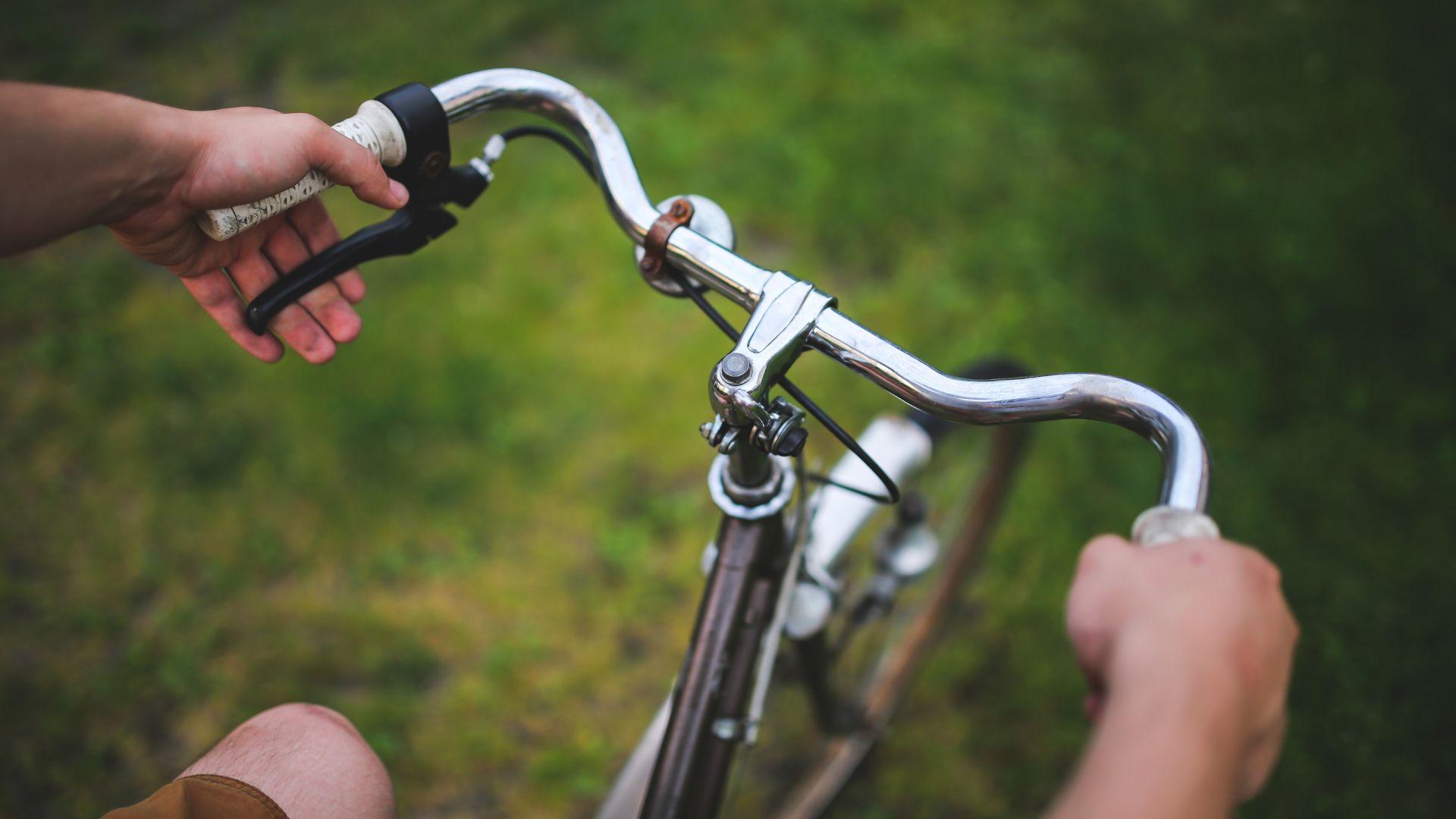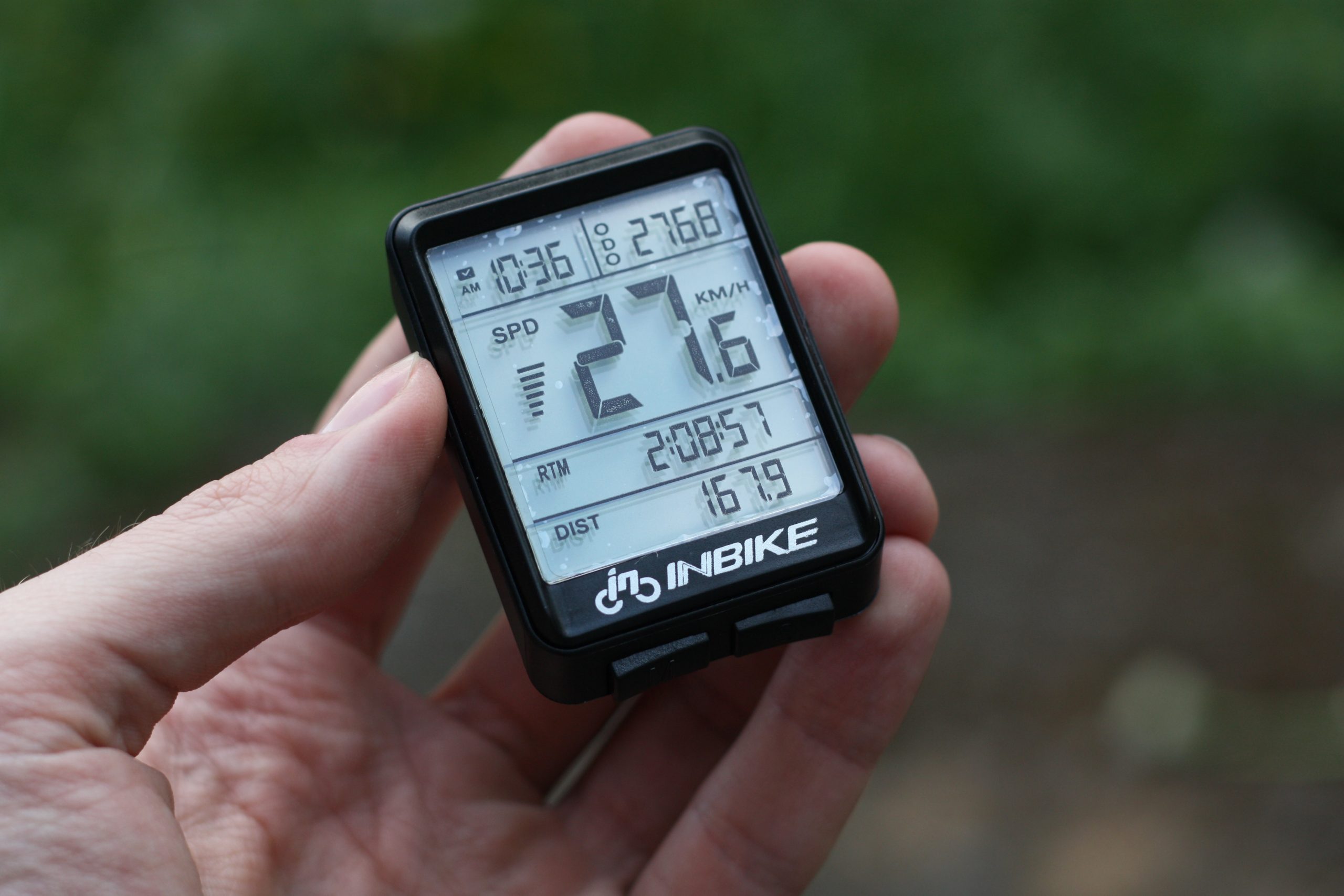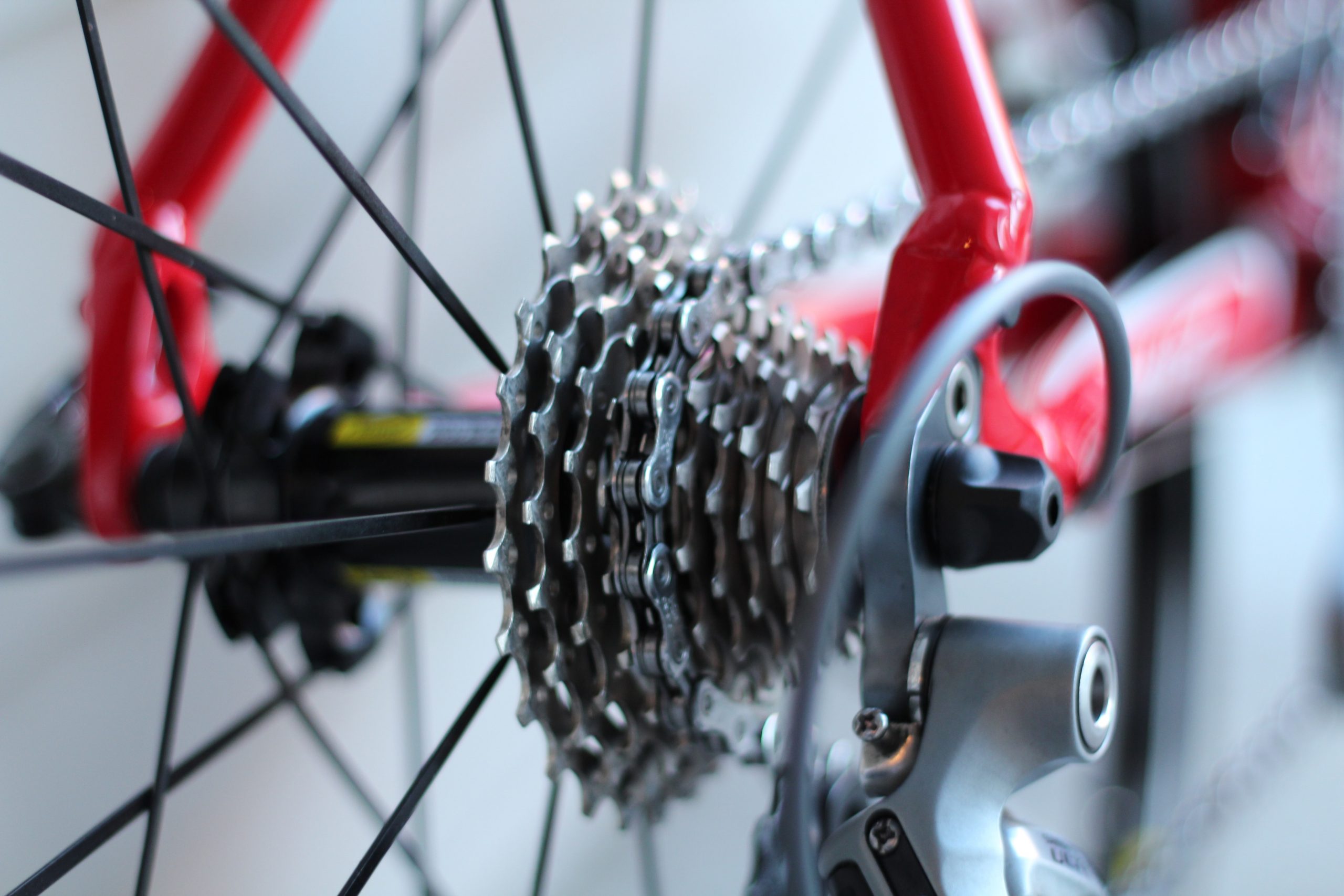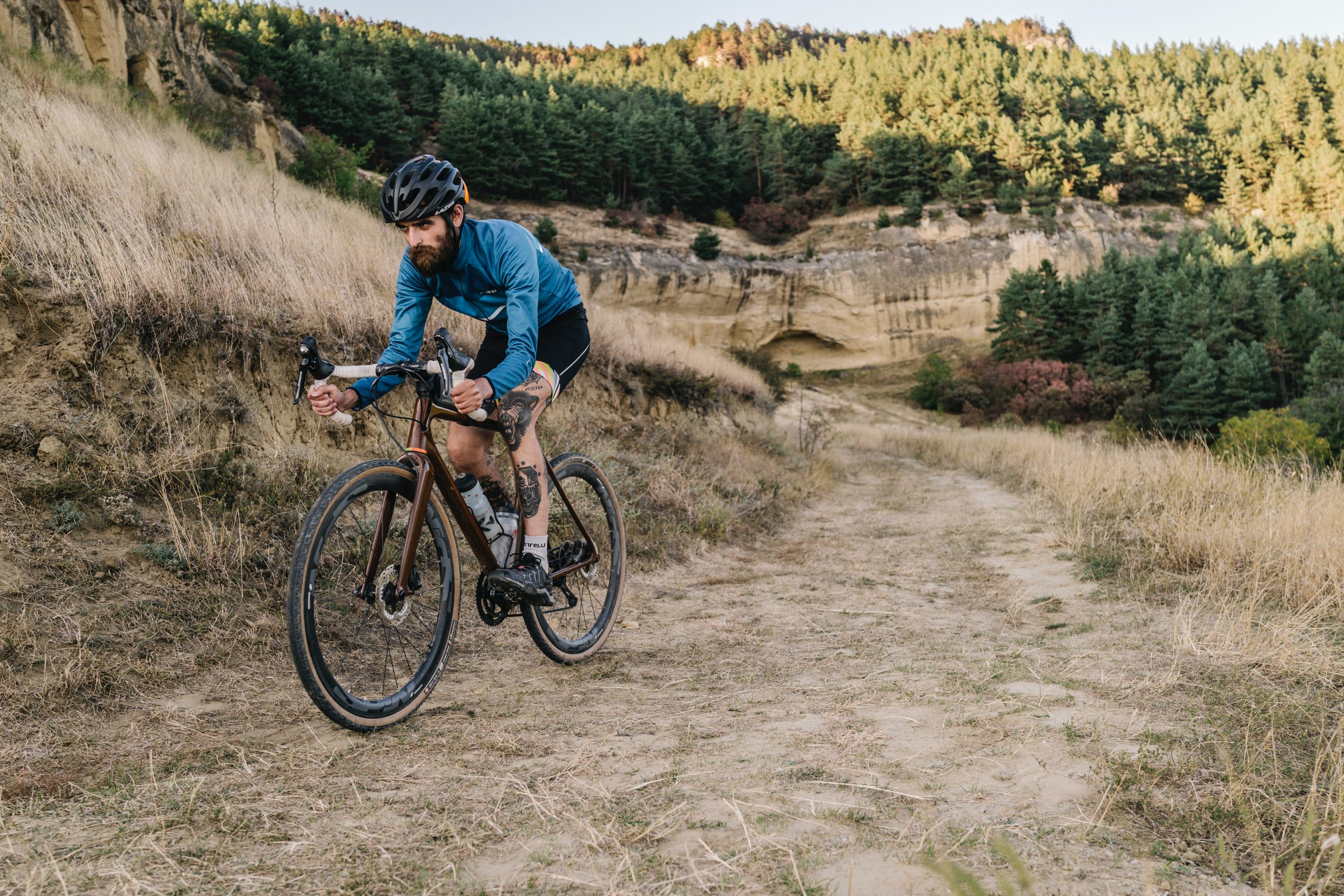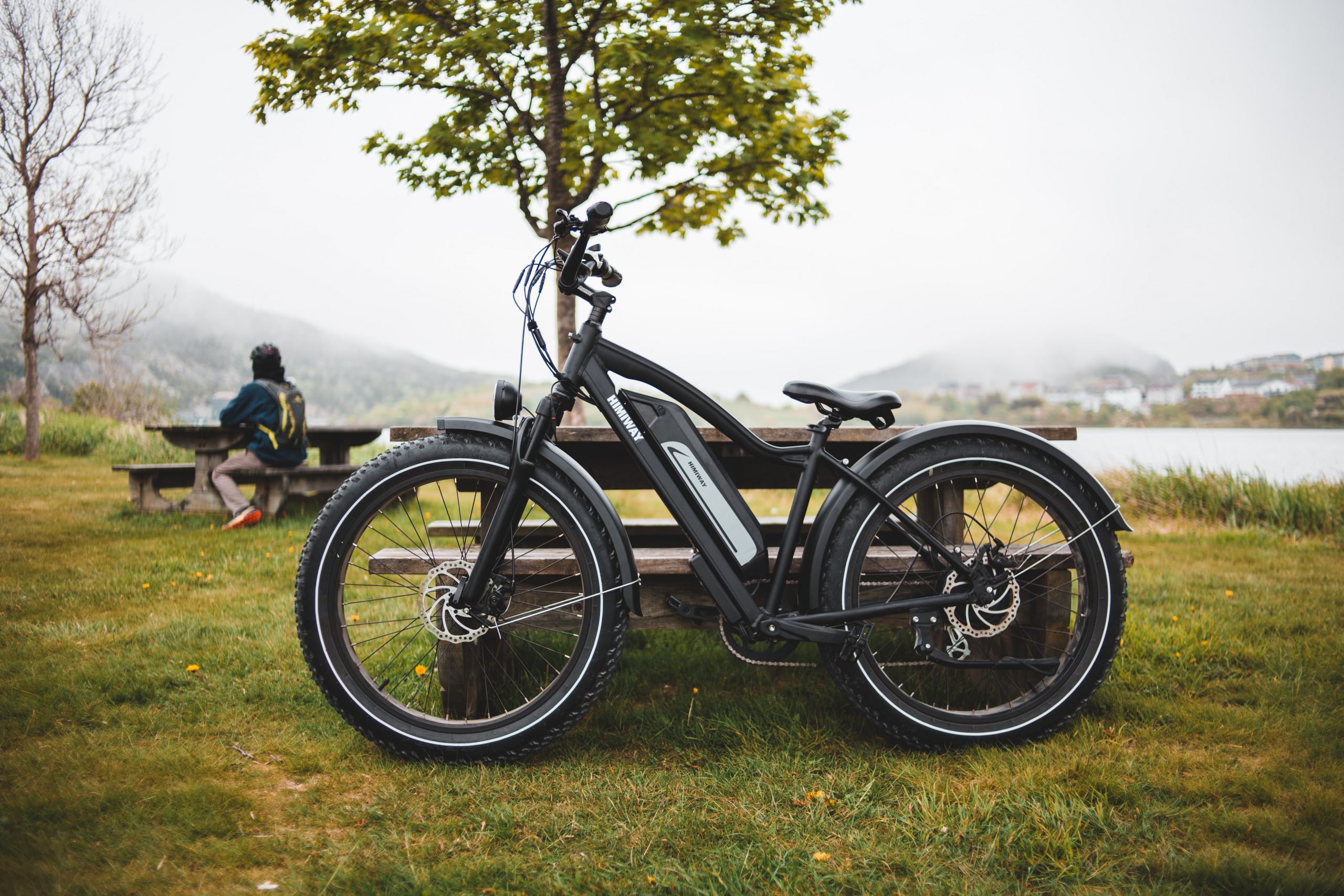Biking is one of the best ways of transportation; it is affordable, convenient, and great for the environment. But unfortunately, bikes get stolen every day. If not prevent it, you can at least reduce the risk of your bicycle being singled out and stolen. One of the best ways of reducing theft risk is locking your bike. We recommend investing in a tough bike lock to avoid dealing with the stress and inconvenience of losing your bike.
Types of Bike Locks
Just to make it clear, no bike lock is guaranteed to keep your bike safe from thieves. There are tools that can break any type of lock. But, a good lock will make the process trickier for thieves, that they might as well just give up or not even try to steal your beloved bike. Here are the main types of bike locks and their features: combination bike locks, U-locks, chain locks, and locking wheel skewer.
Combination bike lock
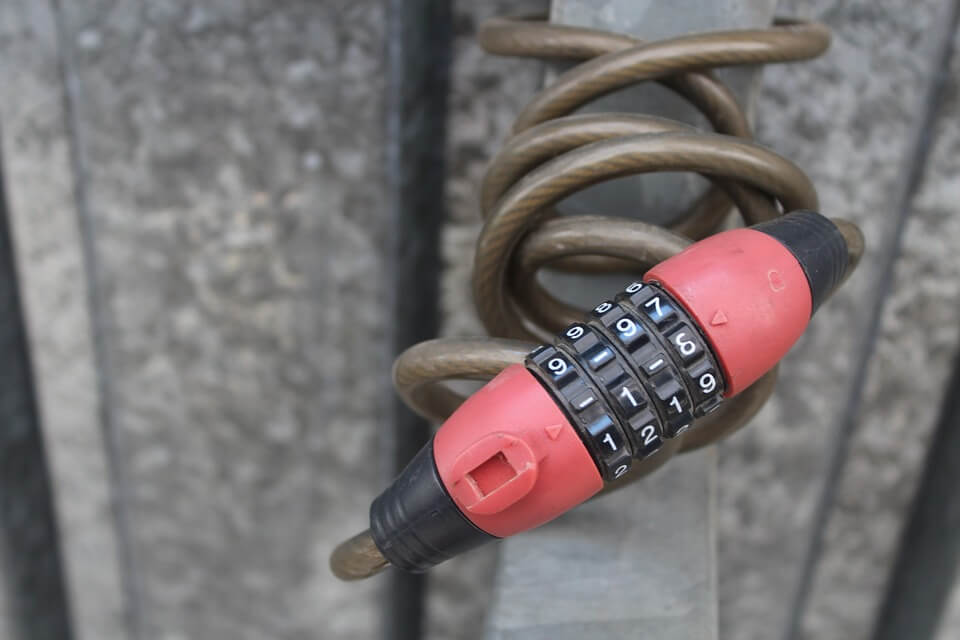
If you often forget to carry a key, this type of bike lock is great for you. It does not require a key, but it uses a combination locking mechanism. You just need to remember the four-digit code to unlock your bike. But, these locks are less secure than those that require a key. Some of these locks come with a three-digit code, which makes it easy for the thief to try every combination possible in less than 15 minutes. There are also combination bike locks that use four or five digits. These take thieves hours to unlock by testing every combination, so it is not likely that your bike will get stolen that way. However, thieves can decode them with a bit of skill or the good old way of unlocking bikes: brute force.
U-locks (D-locks)
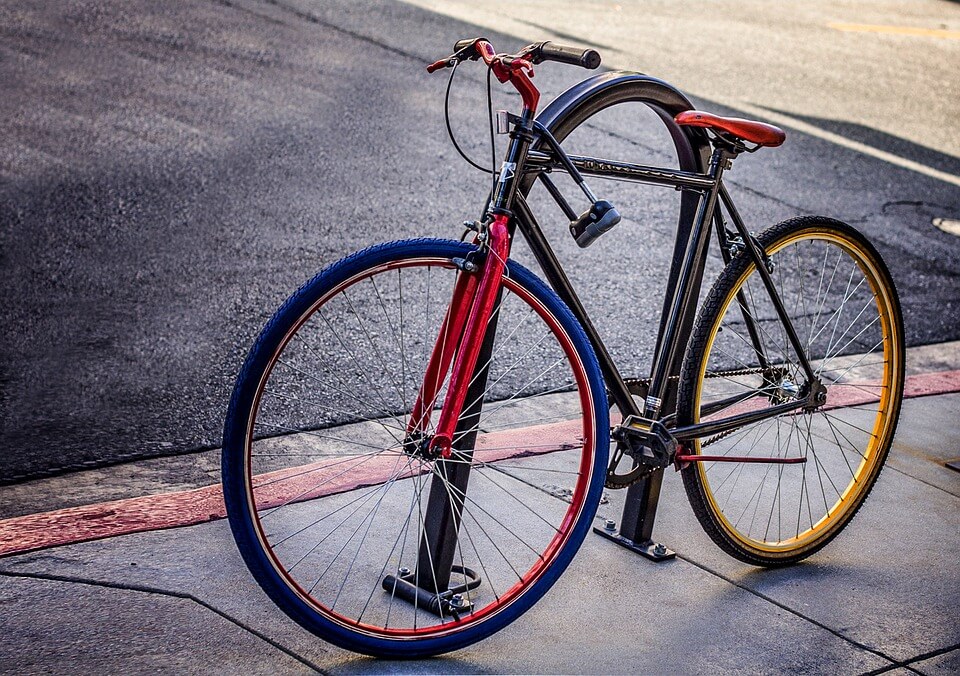
U-locks or D-locks are widely used because of the high security that they offer. They are made of steel; therefore, they’re bulky and heavy (but not as heavy as chain locks) and resist most tools that are used to pick bike locks. Even though they come in different sizes, smaller U-locks are generally preferred not only because they are more convenient to carry, but these locks can actually be safer because they leave a smaller gap for the thieves to insert a crowbar or other tools in. Their downside is that they are more expensive than most types of bike locks, a little less secure than chain locks, and a bit trickier to lock up your bike.
Chain locks
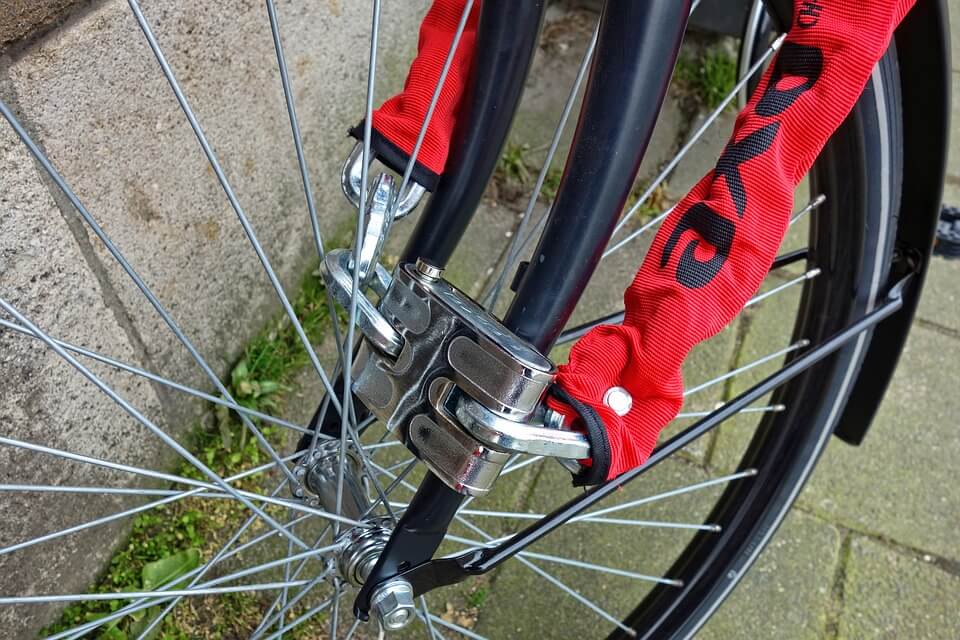
Chain locks are long and flexible, thus allowing you to secure your bike to different objects. They’re made of hardened steel links that resist cutting. However, their disadvantage is that they are pretty heavy to carry around, so they’re best for stationary use, like in the bike cage or the parking garage. Other than that, they are pretty easy to use.
Cable locks
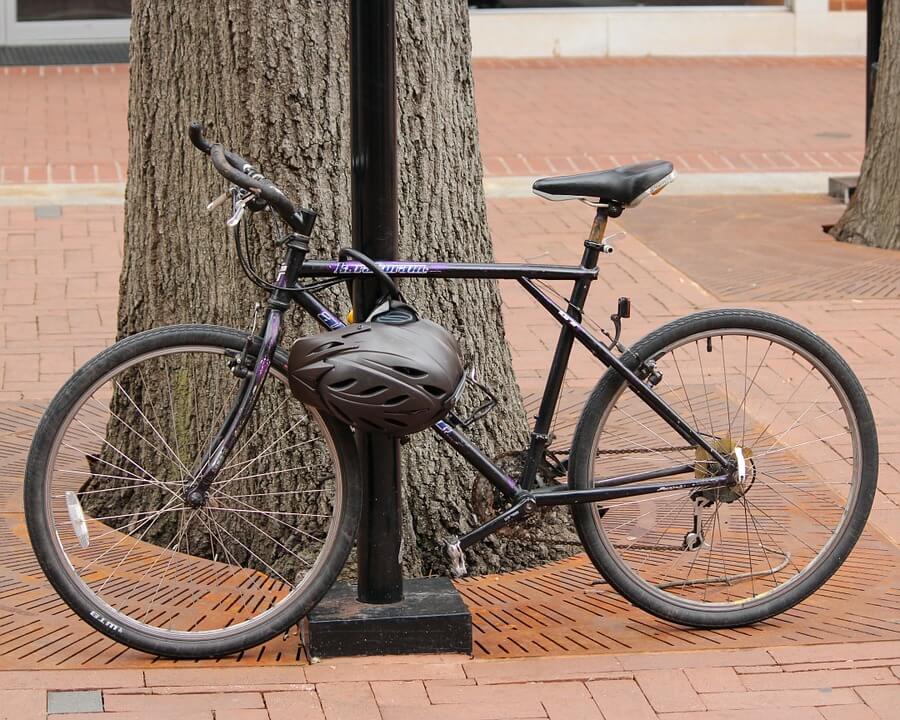
Cable locks are more adaptable and convenient than other types of locks to use. They are lightweight and small, so you can easily carry them around; just put them in your backpack or jacket pocket. But these advantages come at a high cost: they are considerably less secure than most other options. A thief can cut through them with wire cutters and ride away on your bike in no time. So, a cable lock cannot be your primary lock, but you can use them in combination with another type of lock for higher protection.
Folding locks
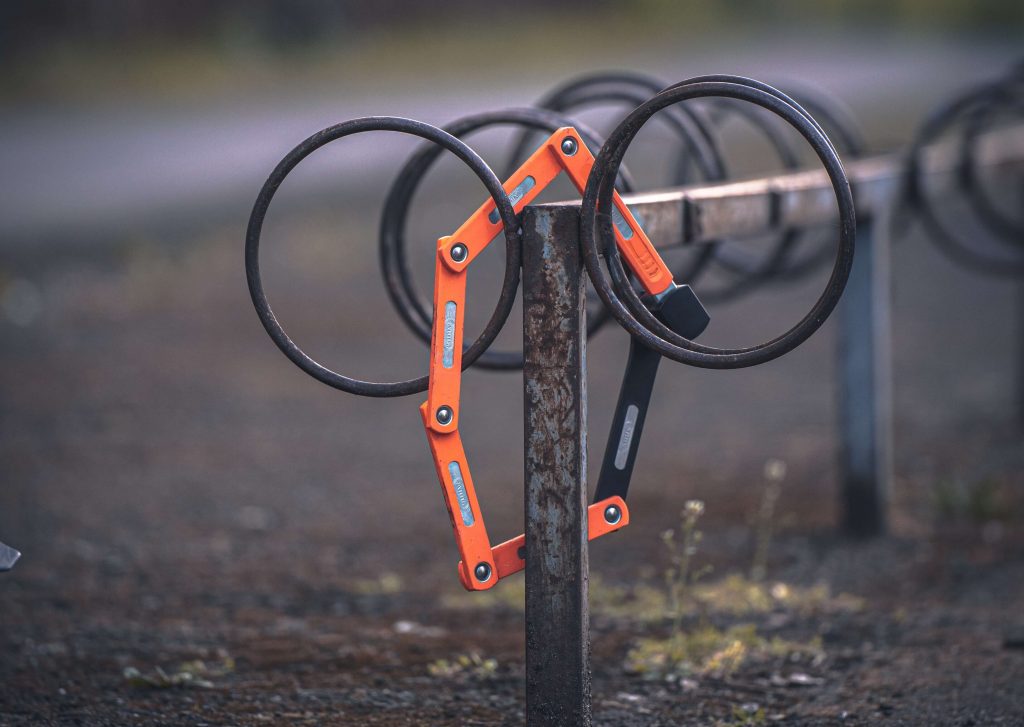
Folding locks are lightweight and super easy to use and transport. They offer medium to high security and resistance to attacks thanks to their steel material and multiple bars connected to each other by rivets. But they are not as secure as U-locks, so consider using them in low-risk areas or when you park your bike for a shorter period of time.
How to Choose a Bike Lock?
As you can see, not all bike locks are the same. They differ in the level of security they provide, practicality, and affordability. So, pay attention to these factors before you buy your bike lock:
Security
No bike lock is unbreakable. Unfortunately, no matter how expensive and strong your bike lock is, a thief can unlock it with the right tools and enough time. But, a good bike lock will secure your bike by buying you more time and making your bicycle seem less attractive to an opportunistic thief. As a general rule of thumb, thicker and heavier locks are harder to pick. So, U-locks and chain locks are typically safer to use than other more lightweight, cheaper bike locks.
It can help to look at their rating. Diamond and gold-rated bike locks provide the highest level of security, while silver locks balance security with cost, so you will get less protection. Finally, bronze-rated locks are usually more lightweight and offer the least protection against theft.
Practicality
Bulkier, thicker locks offer a higher level of security, but unfortunately, are less practical to use because of their weight and size. On the other hand, smaller and lighter bike locks are more convenient to carry and transport, but they do not protect your bike as much. Our suggestion is to try to find a nice medium between security and practicality.
Affordability
You should spend about 10% of the cost of your bike on its lock. Diamond and gold-rated bike locks are typically more expensive, but they will provide better protection. Of course, there are cheaper options out there, but do not go for the cheapest ones because they will likely not be as resistant to cutting, sawing, or pulling force.
Choosing a Bike Lock: Extra Tips
You can never be too safe when it comes to preventing your bike from being stolen. Follow these extra tips to find your bike where and how you left it:
Use two types of bike locks for better protection.
- Lock your bike to something that cannot be moved by force and is stronger than your lock.
- Do not lock your wheel only; lock the frame of the bike too.
- Do not park your bike in an isolated area. Park it in a location where you can see it, or there are other people nearby.
- Make sure your bike is not locked in someplace where thieves can hoist it, such as a poll or a small tree.
- Keep your spare key in a safe place.
- Consider purchasing a bike lock with a warranty or buying bike insurance so that you don’t have to worry about your bike being stolen.
Having your bike stolen is not a pleasant experience. So, make sure you pick the most secure bike that you can afford, and always lock your bike if you don’t want to lose it. Until next time, safe cycling!
